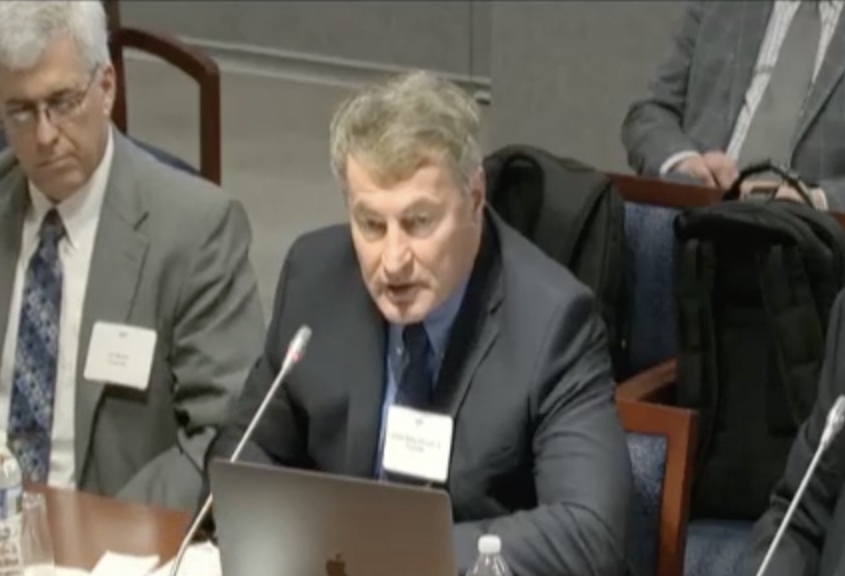Commonly Asked Questions about Carbon Monoxide Poisoning
One of the goals of carbonmonoxide.com is to provide information and resources about awareness of the dangers of carbon monoxide poisoning and these links address commonly asked questions about carbon monoxide poisoning. We at the Brain Injury Law Group have been providing information about carbon monoxide for thirteen years since we went online with our first carbon monoxide page in 2007. We entered into the field of carbon monoxide legal representation as experts we worked with in brain injury cases alerted us to the brain damage that was so common after carbon monoxide poisoning.
Unfortunately, many of the most important questions after CO poisoning are not the most commonly asked questions about carbon monoxide poisoning. So in addition to the commonly asked questions, we will also answer some of the important questions that even ER doctors and neurologists get wrong.
At What COHb Level Does CO Poisoning Leave Permanent Residuals?
Short answer, at almost any level that an alarm will sound. For more, click here.
Can I have Permanent Problems from Carbon Monoxide Poisoning, Even Though I was Treated and Released from the ER?
Yes. As high as 40% of those who have COHb levels above 10% (the general alarming level) can have permanent brain injury. For more, click here.
How Can I Prevent Carbon Monoxide Poisoning in My Apartment?
To avoid getting a significant carbon monoxide poisoning event, make sure that your apartment’s carbon monoxide alarm is working properly. In order to reduce the risk of having a carbon monoxide event in your apartment, make sure that your landlord or management company is doing proper maintenance on all fuel burning appliances in your apartment. For more, click here.
What Resources Exist for other Commonly Asked Questions about Carbon Monoxide Poisoning?
We have a resources page here. Other important sources of information about the dangers of CO poisoning include the CDC and the WHO, World Health Organization. It is interesting that in the time of Covid-19, the same organizations that are at the center of the public health issues in fighting the virus, are the same public health resources that deal with carbon monoxide poisoning. Another really great resource on carbon monoxide poisoning comes from the U.S. Consumer Products Safety Commission.

Attorney Gordon Johnson, author of this page testifying to the U.S. Consumer Products Safety Commission about the dangers of carbon monoxide poisoning.
The CPSC’s general page CO page is a good resource, but an even more thorough treatment is the information they published about the CO risk from Portable Electric Generators. For those resources, click here. Unfortunately, more than a decade of rule making from the CPSC on the lowering of emissions from portable electric generators was shelved in the last couple of years. As shown above, I testified to the CPSC with respect to those proposed regulations just before politics changed the leadership of this organization. My testimony began:
MR. JOHNSON:
I’m going to start by reading a news story.
Nine hospitalized in Alaska
after carbon monoxide exposure.
For my full testimony click here. Admittedly, without paragraphs, that is awfully hard to read. Thus, we have included the full text of my remarks here.
Attorney Gordon Johnson
